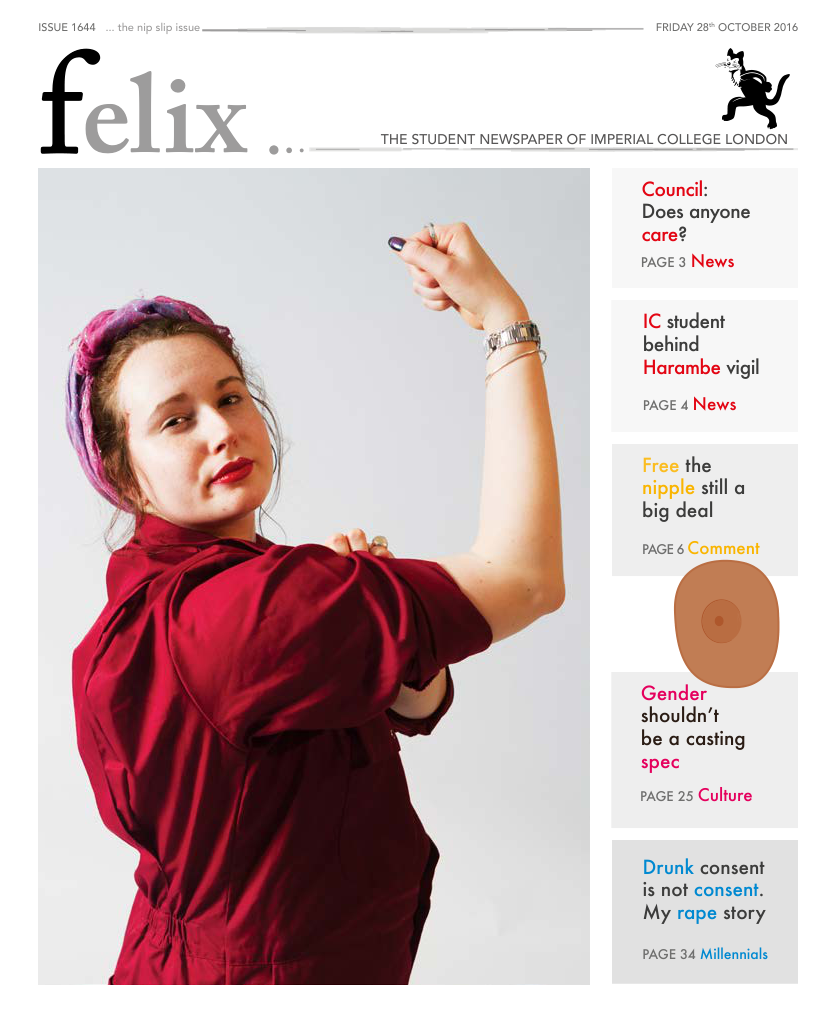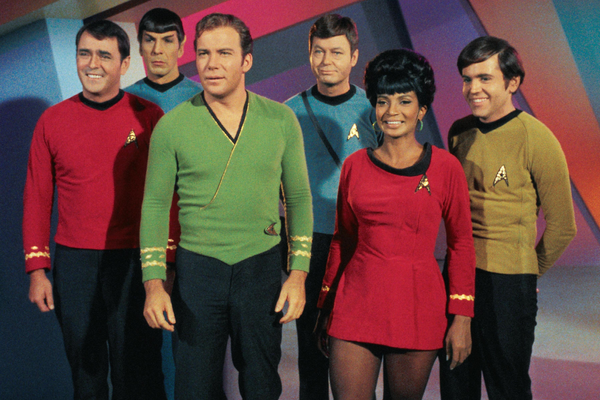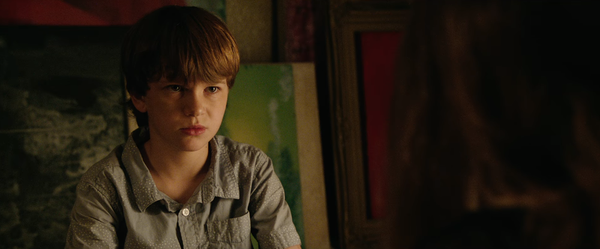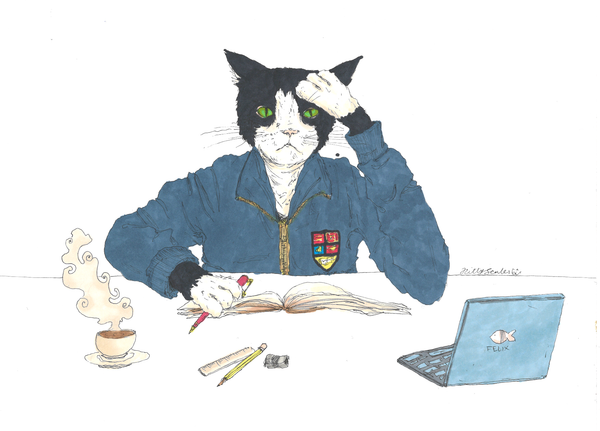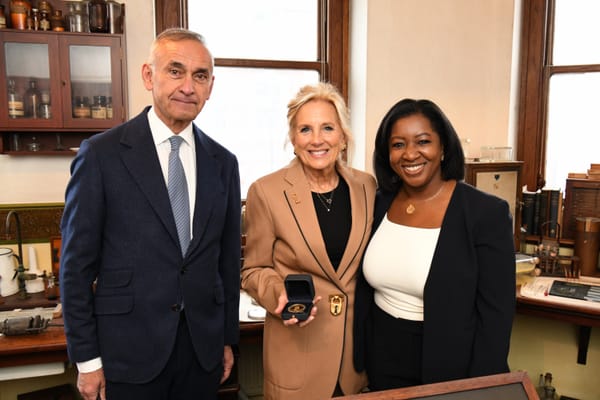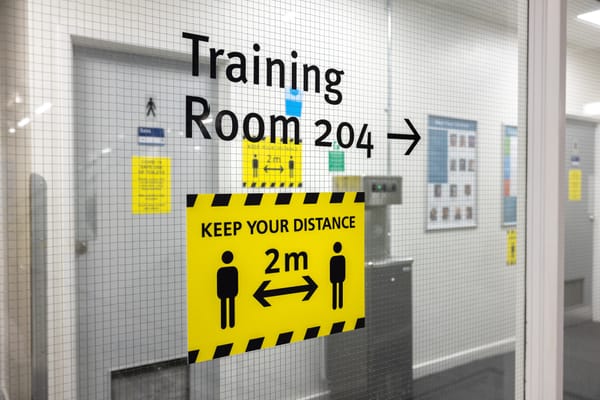The ‘nasty women’ of Broad City
They're not likable, they're not strong and independent, they're real

It was during the last US Presidential Debate that Donald Trump muttered ‘what a nasty woman’ Hillary Clinton was, the latest of Donald Trump’s transgressions. Minutes after the debate had finished, Twitter was ablaze with women reclaiming the insult. Elizabeth Warren made ‘nasty women’ the centre of her speech stumping for Hillary Clinton, and Samantha Bee, the only female host on late night comedy in America wore a ‘nasty woman’ T-shirt to host this week’s episode of Full Frontal with Samantha Bee.
‘Nasty woman’ has struck a nerve. Women now more than ever are tired of the idea that first and foremost they must be likeable. They are tired of the concept that having opinions, being clever or funny, or having the audacity to stand up for your beliefs must first make the concession to whether we appear to be agreeable. In television, particularly in comedy, women who don’t conform are dismissed as ‘shrill’ or worse, and clips on YouTube are flooded with comments along the lines of ‘who knew a chick could be funny?’ (When will this myth die?!)
Thankfully, there are a few shows (noticeably often those which are female-led and directed) that buck the trend, portraying women neither in the ‘likeable’ role, nor in a ‘strong independent woman’ role. The latter is a trope that substitutes a propensity for violence as a substitute for building a nuanced personality.
Broad City began as a comedy webseries produced, written by, and starring Abbi Jacobson and Ilana Glazer. Still available on Youtube, the webseries followed the characters, Abbi and Ilana, through life in New York. One episode featured Ilana entering into a relationship with a man solely because he had a washer/dryer in his apartment (they have previously been accustomed to taking clothes in bulk to their parent’s home in Pennsylvania), another was in set in yoga class: ‘I already feel so much taller, leaner, and more organic’ mused Abbi as she settled into an upwards facing dog pose. Championed by Amy Poehler, the show transitioned into a half hour show on Comedy Central in 2014.
Women now more than ever are tired of the idea that first and foremost they must be likeable
The TV series, with its higher production values, has nevertheless retained its rough-around-the-edges, improv feel. The episodes meander through loosely sketched plots, falling down several rabbit holes along the way. In one episode, Abbi has dental surgery; high on painkillers and weed, she wreaks havoc in Whole Foods, egged on by the hallucination of a giant stuffed toy named Bingo Bronson. In another, Ilana and her mother go to Chinatown in search of knock-off designer handbags and are led through a manhole into an underground bunker; in the same episode, Ilana bursts into joyful twerking at her grandmother’s Shiva when she hears Abbi has pegged her boyfriend.
Broad City female leads would be the first to reclaim the title of ‘nasty women’; though they might prefer the urban dictionary definition: sexually liberated, and incredibly cool. Abbi and Ilana live pay-check to paycheck in rat infested apartments, have regular ‘weed dudes’, hustle for Lil Wayne concert tickets, and bring pillows into work so they can fall asleep crammed into a bathroom cubicle. They have little or no ambition beyond making the most of Bed, Bath & Beyond coupons that never expire. They aren’t role models, they’re not meant to be. These are the ‘id’ characters that men have inhabited for so many years on television; Glazer and Jacobson have launched a sneak-attack of feminism to create female characters that take up the mantle.
It’s refreshing to have characters so removed from the roles women often play in comedy: the nagging girlfriend or wife or mother (see: every female character on The Big Bang Theory), the hard-ass boss, or the straight man to their male co-star who gets up to all the antics. The Broad City women for all their wackiness feel real, dialled-up-to-eleven, responsibility and ambition free versions of the smart, hilarious women we all know.
Broad City above all is so exuberantly joyful, it’s addicting. It has perhaps the best portrayal of female friendship on television right now (Brooklyn Nine Nine’s Rosa and Amy have lately been giving the two a run for their money). In one particularly iconic scene, Abbi and Ilana, dressed in homage to Missy Elliot and Nicki Minaj respectively, burst into a bank dancing to Drake’s ‘Started from the Bottom’ to cash Abbi’s check for ‘eight fucking thousand dollars’. When the clerk’s disgruntled ‘ma’am’ breaks their rap fuelled reverie, Ilana confronts the unimpressed bank clerk: ‘you know how she got [the 8k] dude? This bitch, right here, drew this illustration and a sexy new dating website bought it’ When the bank clerk still looks bored, she adds ‘it came from her heart’.
It’s hard to describe the vibe of Broad City without underselling it. The premise of two best friends living in New York is hardly revolutionary stuff, and yet it’s quite unlike anything else. It defies explanation. It should be on everyone’s to-watch-list; come for the low-key feminism, stay for the incredible fun.

